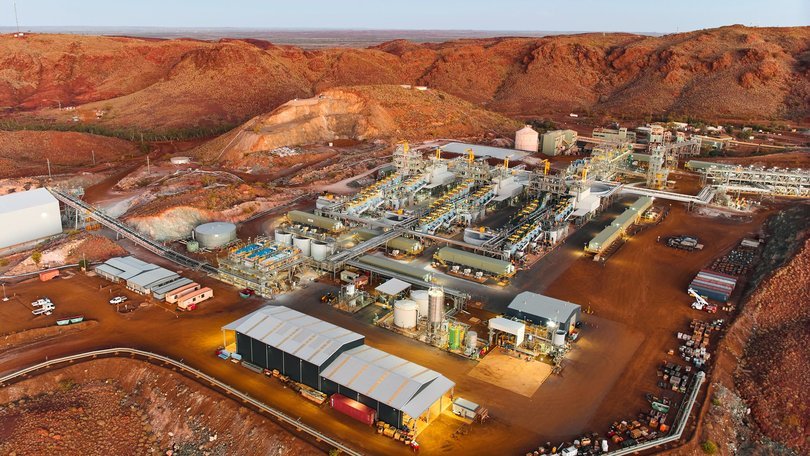Mining Jobs in Africa

The mining industry in Africa is a major employer, offering a wide range of job opportunities across various sectors. One of the most common employment models used in remote mining operations is FIFO — Fly-In, Fly-Out . This system is especially popular in countries with large-scale mining projects located far from urban centers, such as South Africa, Zambia, and the Democratic Republic of the Congo (DRC).
What is FIFO?
FIFO is a work arrangement where employees are flown into a remote mining site and then fly out after completing their shift. This model is widely used in the mining sector because it allows companies to operate in areas that are difficult to access and reduces the need for long-term housing for workers.
A typical FIFO schedule might involve working 10–14 days on-site, followed by 7–10 days off at home. This structure provides flexibility for workers while ensuring continuous operation at the mine.

Types of Mining Jobs Available
FIFO roles are available for both skilled and unskilled workers, making it an attractive option for many. Some of the most common job types include:
- Mine Operators
- Engineers (Mechanical, Electrical, Civil)
- Geologists and Miners
- Health and Safety Officers
- Logistics and Transport Staff
- Maintenance and Technical Support
Many mining companies also offer training programs for local workers, helping them gain the skills needed for these roles.
Benefits of FIFO Jobs in Africa
FIFO employment offers several advantages, especially for workers living in urban areas or regions with limited job opportunities:
- Higher Pay : Due to the challenging nature of remote work, FIFO positions often come with competitive salaries and allowances.
- Work-Life Balance : Workers get extended time off, allowing them to spend more time with family and pursue personal interests.
- Career Growth : Many mining companies provide clear career progression paths for FIFO employees.

Challenges of FIFO Work
While FIFO can be rewarding, it also comes with its own set of challenges:
- Isolation : Living away from home for extended periods can be mentally and emotionally taxing.
- Travel Costs : Although some companies cover travel expenses, others may require workers to pay for flights or accommodation.
- Health and Safety : Remote sites may have limited medical facilities, so workers must be prepared for potential emergencies.
The Future of Mining Jobs in Africa
As Africa’s mining industry continues to expand, particularly in the extraction of critical minerals like lithium, cobalt, and copper, the demand for skilled and unskilled labor is expected to grow. With increasing investment in infrastructure and sustainable practices, FIFO jobs will likely remain a key part of the sector’s workforce strategy.
FAQs
Q: What does FIFO mean in the context of mining?
A: FIFO stands for Fly-In, Fly-Out , a work model where employees are transported to remote mining sites and return home after their shift.
Q: Are there job opportunities in African mining using the FIFO model?
A: Yes, many mining companies in Africa use FIFO to manage their workforce, especially in remote locations.
Q: What kind of jobs are available in FIFO mining roles?
A: FIFO jobs include roles in engineering, operations, safety, logistics, and technical support.
Q: Is FIFO a good option for workers in Africa?
A: It depends on individual preferences, but FIFO can offer high pay, career growth, and work-life balance for those willing to adapt to the lifestyle.

